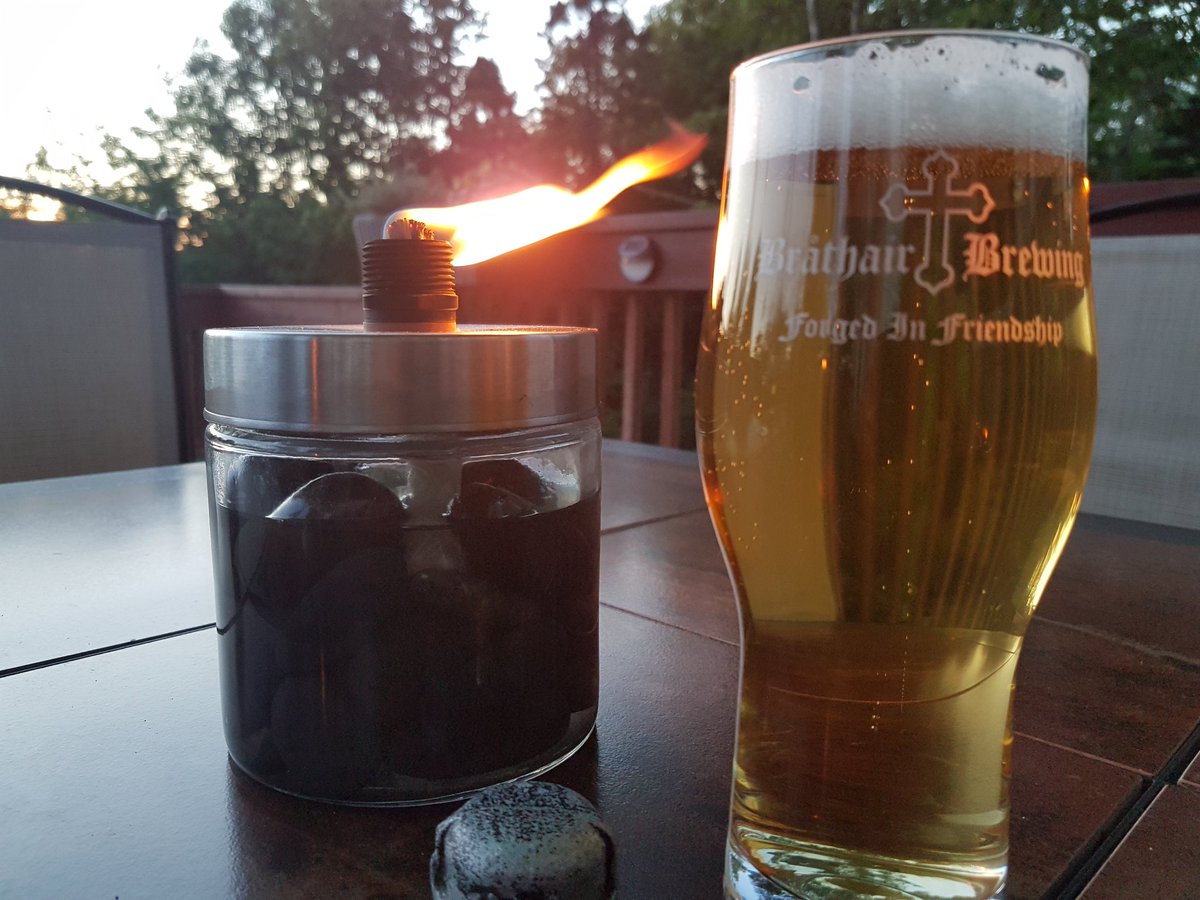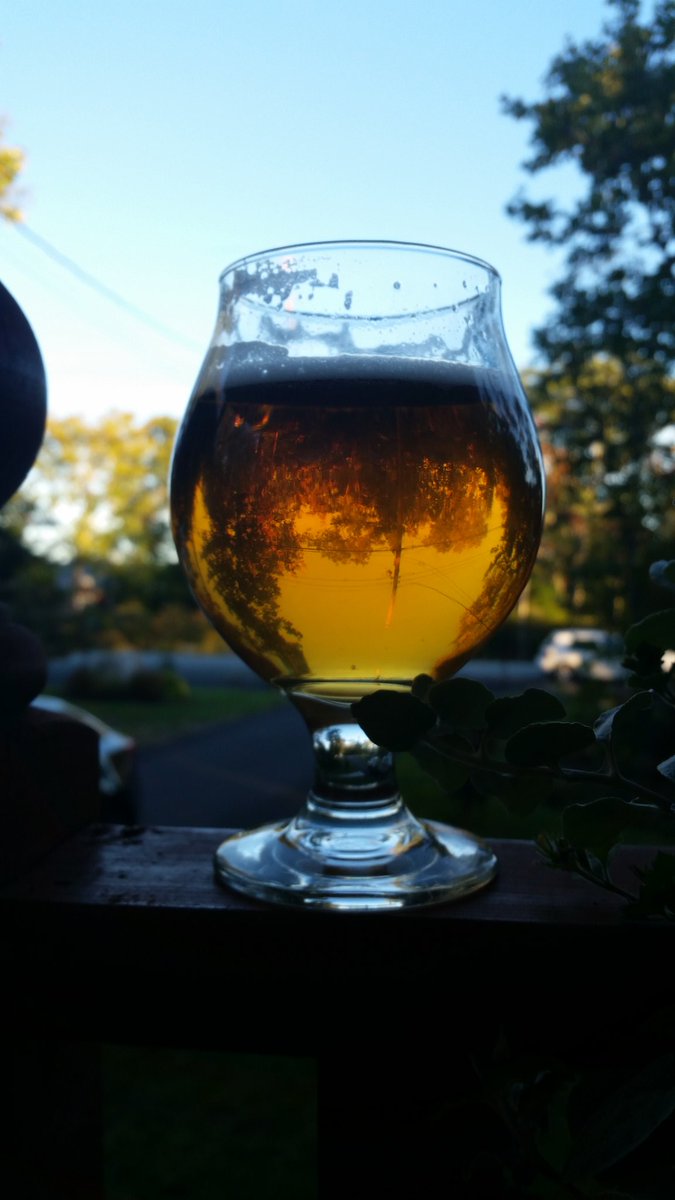lupulinaddict
Well-Known Member
- Joined
- Jul 24, 2014
- Messages
- 486
- Reaction score
- 131
It’s a well stated fact that blondes, and other light beers, are difficult to brew because the body is so light flaws can’t hide. I can’t find any specific information on techniques, or steps, to improve the brewing process to aid in preventing flaws of lighter beers. Does anyone have any suggestions on areas of the process to focus?
I can easily control mash temp, ferment temp, basic water chemistry, and most aspects of the process. I feel that my blondes, creams, and kolsches come out with a too heavy of a mouthfeel. Maybe a little too sweet as well. The sweetness is hard for me to describe so I’m not sure if it’s from crystal, or an off flavor. Most finish where they should, anywhere from 1.010-1.014. It’s not a style that I prefer to drink, mostly brew it to have on tap for the BMC fans, but it bugs me I can’t get a crisp enough beer. I have a couple fermenting now that I am trying a few different things with, but wondering if anyone had any advice? I have never had any brews judged before, but I plan on sending some to the next local competition to see if I can get some feedback and direction on this style. Thanks. Look forward to your thoughts.
I can easily control mash temp, ferment temp, basic water chemistry, and most aspects of the process. I feel that my blondes, creams, and kolsches come out with a too heavy of a mouthfeel. Maybe a little too sweet as well. The sweetness is hard for me to describe so I’m not sure if it’s from crystal, or an off flavor. Most finish where they should, anywhere from 1.010-1.014. It’s not a style that I prefer to drink, mostly brew it to have on tap for the BMC fans, but it bugs me I can’t get a crisp enough beer. I have a couple fermenting now that I am trying a few different things with, but wondering if anyone had any advice? I have never had any brews judged before, but I plan on sending some to the next local competition to see if I can get some feedback and direction on this style. Thanks. Look forward to your thoughts.




